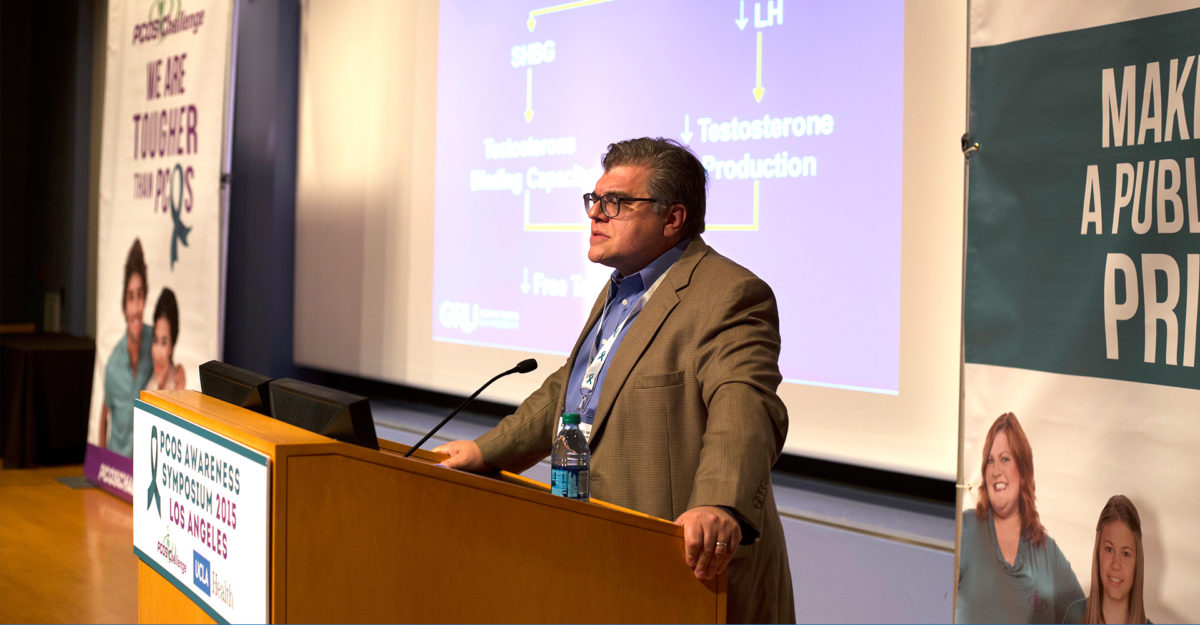Ricardo Azziz has held numerous executive positions in higher education and led the merger that resulted in Georgia Regents University, now Augusta University. He is principal at Strategic Partnerships in Higher Education Consulting Group.
This op-ed series offers insight from an expert who’s led a college merger and specializes in higher education partnerships.
ACCESS THE FULL SERIES







